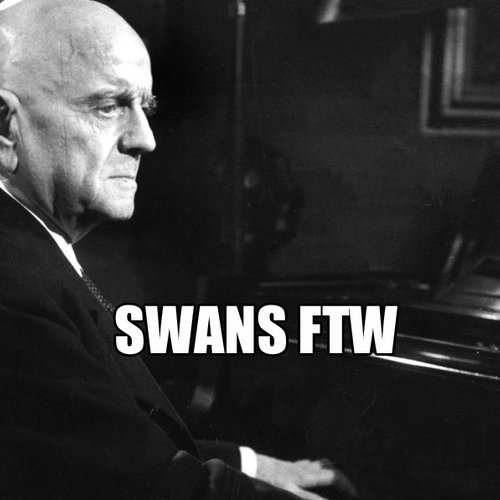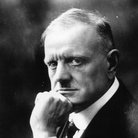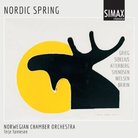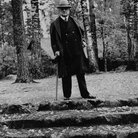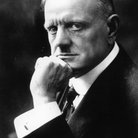Sibelius: 15 facts about the great composer
Today his name is used for music composing software, but the Finnish composer Sibelius deserves our attention – not least for his Finlandia and Violin Concerto.
-
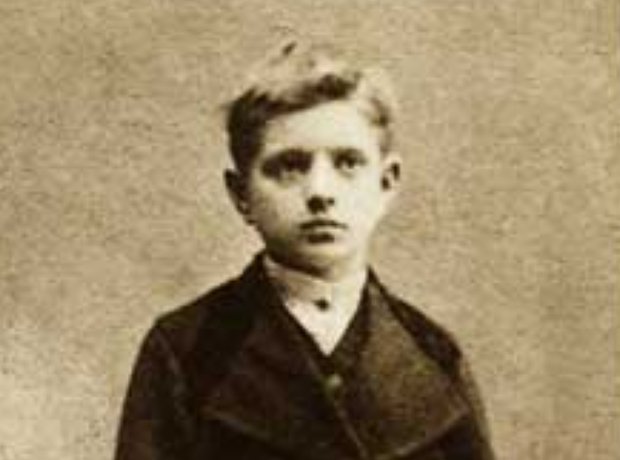
1. A Finn with a French name
Born in 1865 with the resolutely Finnish-sounding name of Johan Julius Christian, Sibelius was known early on as Janne to his loved ones. While he was a student he felt inspired to adopt the same French spelling as his uncle Jean, calling it his ‘music name’.
-
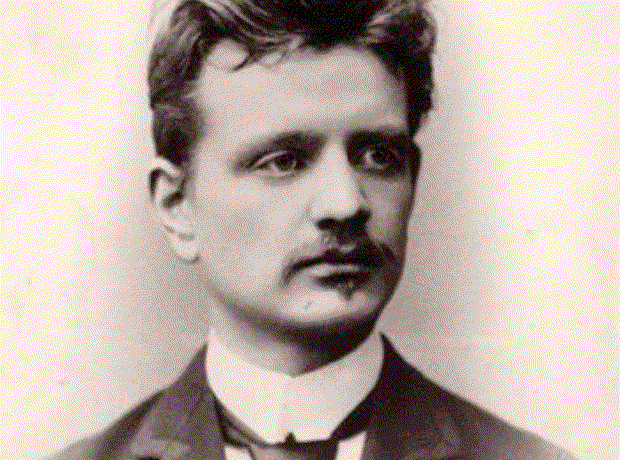
2. Passion for music
The young Jean displayed an affinity for music from an early age, but he was hardly a prodigy. He didn’t start formal piano lessons until he was nine. But it was the violin that fired his enthusiasm, and he initially studied composition from books.
-
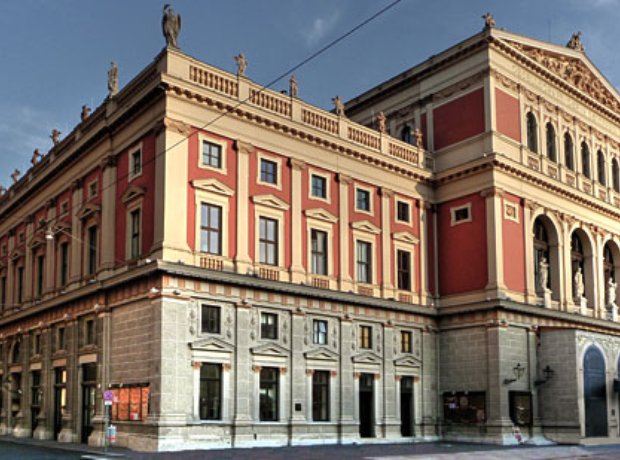
3. Turned down by the Vienna Philharmonic
Sibelius became quite an accomplished violin player but, when composition took over as his main interest, he never quite became the outstanding violinist he yearned to be. He even auditioned with the Vienna Philharmonic – but didn’t make the grade.
-
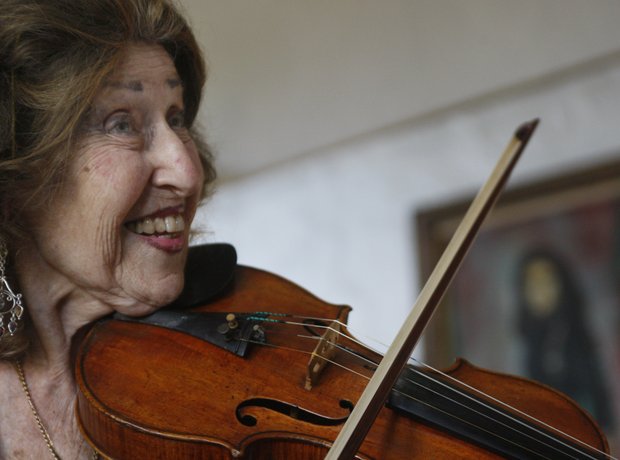
4. Sibelius writes fan mail
Sibelius's Violin Concerto was the one work the composer would have loved to have played himself. But his performance technique did not keep pace with his compositional genius. It remains one of the greatest violin concertos ever written. The violinist Ida Haendel, pictured, actually received a letter of appreciation from Sibelius after he heard her performance of the work.
-
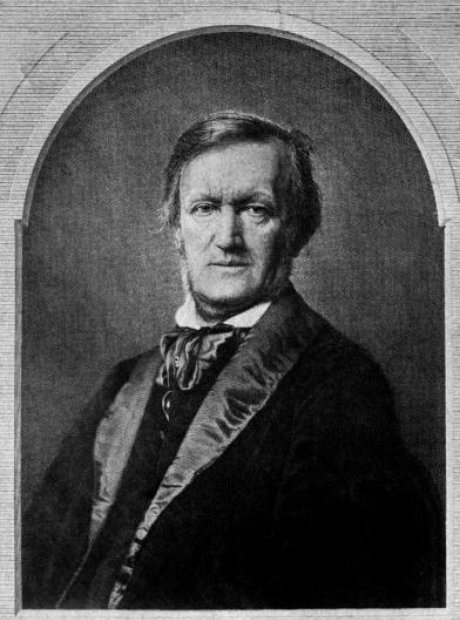
5. Feelings for Wagner
Early in his career, Sibelius was an enthusiastic Wagnerian. A performance of Parsifal at Bayreuth had a strong effect on him, inspiring him to write ‘Nothing in the world has made such an impression on me, it moves the very strings of my heart’. Later, Sibelius began to feel disgust for Wagner’s music, calling it pompous and vulgar.
-
-
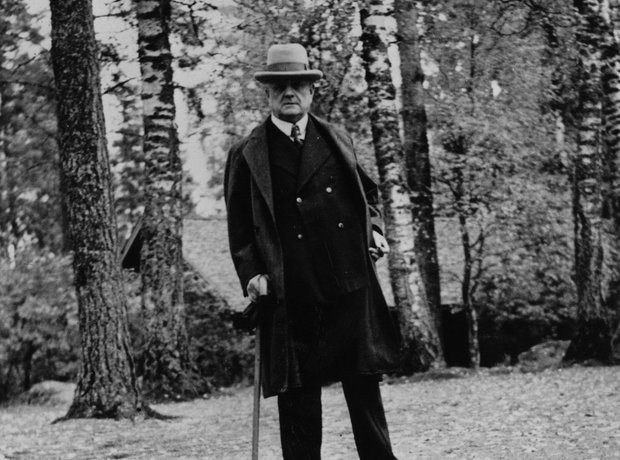
6. A government salary
By 1898, Sibelius was receiving an annual grant from the Finnish government to remove any money worries that might otherwise prevent him from composing.
-
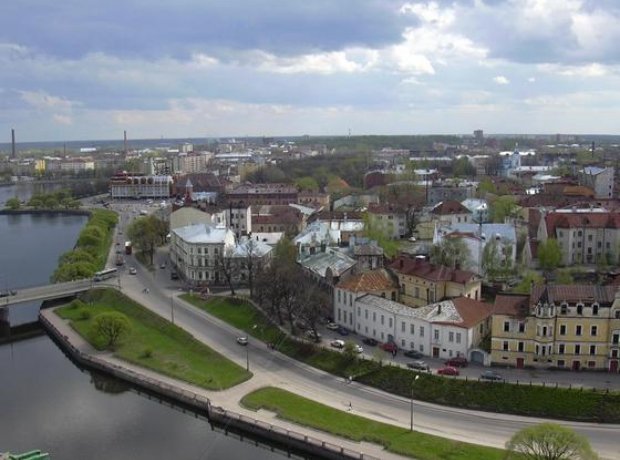
7. Karelianism
In addition to his views about Finland’s position under Russian dominance, Sibelius also became passionate about the importance of the Karelia region – home to the oldest and most respected aspects of Finnish culture. His Karelia Suite was originally written for an historical tableau at Helsinki university. The composer said, ‘you couldn’t hear a single note of the music – everyone was on their feet cheering and clapping.’
-
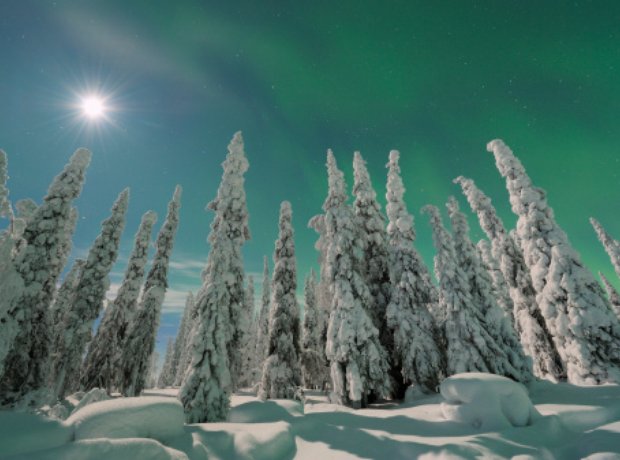
8. An unofficial national anthem
The tone poem Finlandia was the piece that got Sibelius noticed. It was effectively a nationalistic call for Russia to keep its hands off Finland. Sibelius later reworked the central part of the piece into a Finlandia Hymn. The work is today regarded as the country’s unofficial national anthem.
-
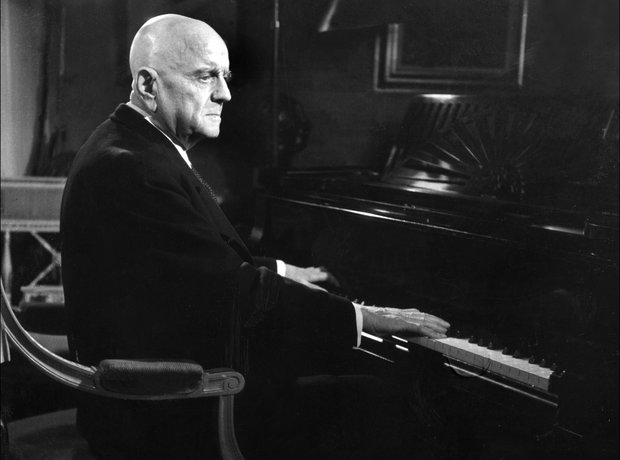
9. National hero
Sibelius became a national hero and was one of Finland’s most famous exports. There was even a set of postage stamps issued in his honour.
-
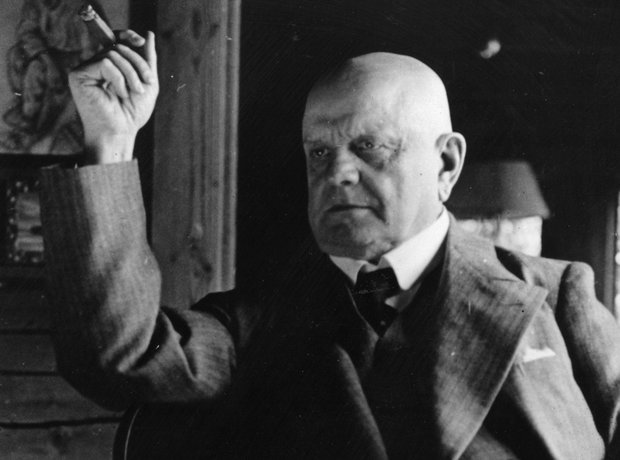
10. Surviving cancer
A keen smoker and drinker, Sibelius was diagnosed with throat cancer in his 40s. The operations to remove the malignant growths were successful and he survived for another half a century.
-
-
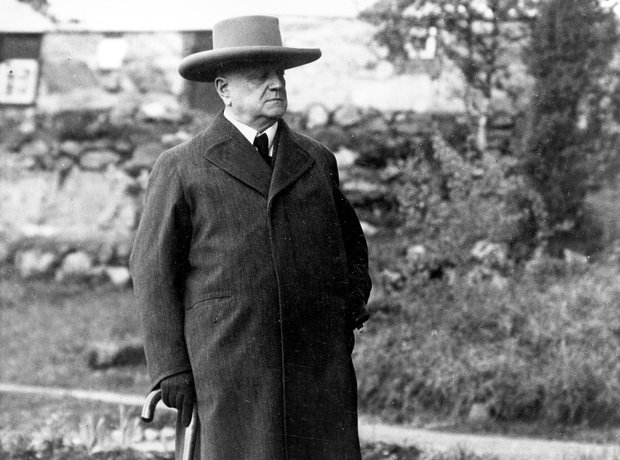
11. Symphony No.5
By the time Sibelius came to premiere his Symphony No.5 in 1915, he had come round to Mahler’s maxim that the ‘symphony must be like the world. It must embrace everything,’ he said. The fifth symphony came smack bang in the middle of one of the most exciting musical decades ever – which saw Stravinsky’s Rite of Spring and The Firebird and the modernist experiments of Varese.
-
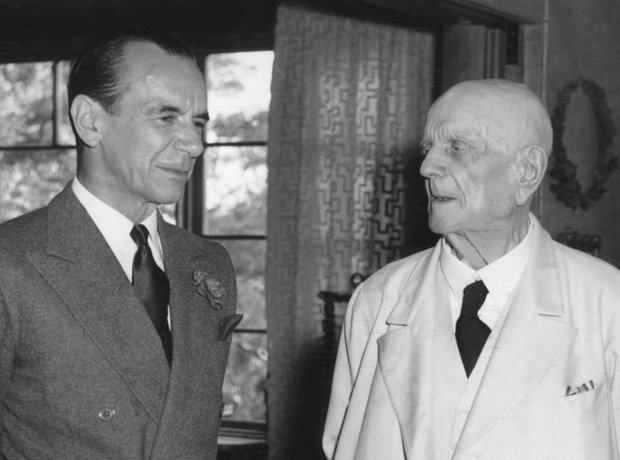
12. Entertaining friends
More than 20 years before he died, Sibelius had earned enough money to live comfortably and stopped composing altogether. He retired to enjoy the adulation of his fellow countrymen and enjoyed going for long walks in the forests, entertaining friends, and indulging himself in his favourite cigars and beer. He's seen here pictured with the English conductor, Sir Malcom Sargent.
-
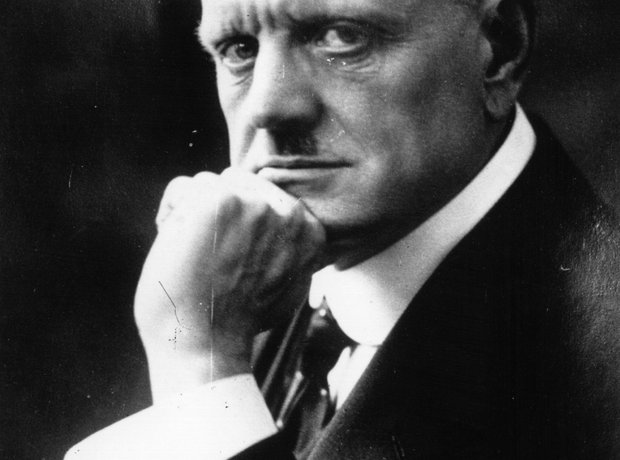
13. The critics' critic
Sibelius was famously dismissive of professional music critics saying, ‘Pay no attention to what the critics say. No statue has ever been put up to a critic.’
-
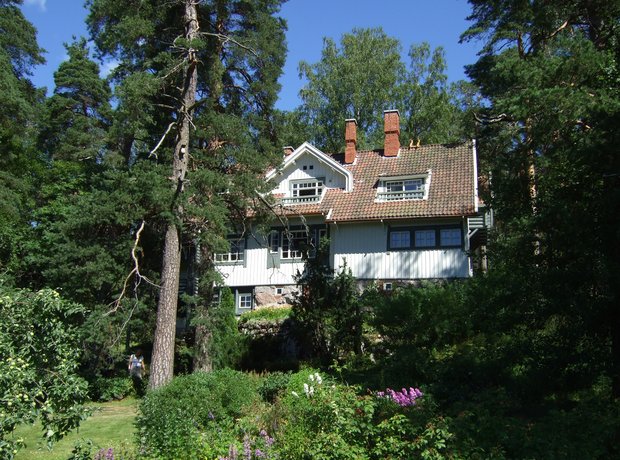
14. Sibelius's lakeside home
In 1972, Sibelius's surviving daughters sold Ainola, his lakeside home, to the State of Finland. It opened as a museum in 1974.
-
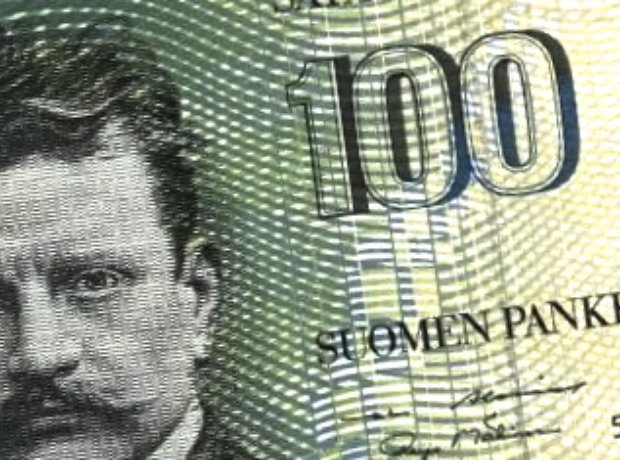
15. A national hero
The Finnish 100 mark bill featured his image until it was taken out of circulation in 2002. Since 2011, Finland has celebrated a Flag Day on 8 December, the composer's birthday, also known as the 'Day of Finnish Music'.

